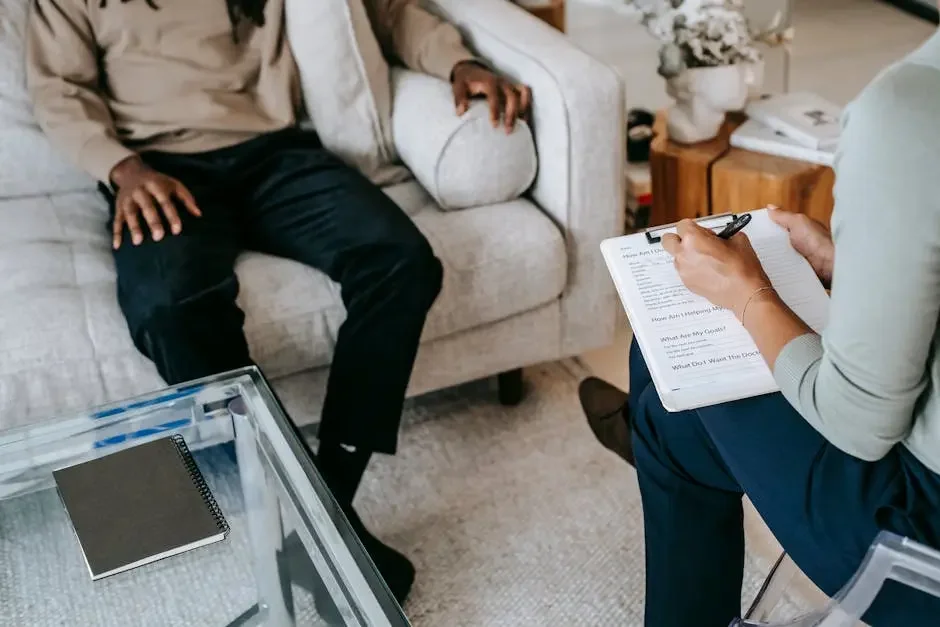The Benefits of Individual Counseling for BIPOC Communities in Utah
In recent years, the importance of mental health has become more widely recognized across all communities. However, for BIPOC (Black, Indigenous, and People of Color) communities in Utah, accessing mental health support is not always straightforward. This blog explores the profound benefits of individual counseling tailored specifically for BIPOC individuals, aiming to bridge the gap in mental health accessibility and support.
Understanding the Unique Challenges Faced by BIPOC Communities
BIPOC communities often encounter specific challenges and systemic barriers, including racism and cultural misunderstandings, which can contribute to mental health issues. Understanding these unique experiences is crucial for providing effective support.
In Utah, BIPOC individuals frequently navigate a landscape marked by cultural isolation and lack of representation in the mental healthcare sector. The scarcity of culturally competent counselors adds to the complexity of addressing mental health needs. This lack often forces individuals to choose between remaining isolated or engaging with counseling professionals who might not fully comprehend their cultural and social context.
Cultural stigma around mental health care can also be more pronounced among BIPOC groups, discouraging individuals from seeking help. Many fear being misunderstood or judged, a significant barrier that effective, culturally sensitive counseling can help to dismantle by providing a safe and affirming environment.
The Role of Individual Counseling in Promoting Mental Health
Individual counseling offers a confidential space for clients to express their feelings and work on personal issues with the guidance of a trained professional. For BIPOC individuals, having a counselor who is culturally competent can make a significant difference in the therapeutic process.
The transformative nature of individual counseling lies in its ability to focus entirely on the client's personal needs and experiences. This personal attention allows for a deeper exploration of complex emotions, particularly those stemming from cultural identity and systemic oppression.
One of the strengths of individual counseling is its flexibility. It allows therapists to adjust strategies and interventions to fit the client's unique cultural background, thus fostering a healing environment that respects and honors those cultural influences. This adaptability is crucial for effective mental health support.
Tailoring Counseling Approaches to Meet Culturally Specific Needs
Culturally sensitive therapy approaches, which consider a client's culture, values, and lived experiences, are essential for effective counseling. This personalization allows for more accurate assessments and treatments that resonate with BIPOC clients.
Tailoring counseling to meet culturally specific needs isn't just beneficial—it's necessary. This method ensures that the therapy process acknowledges the client's cultural background, offering a sense of inclusion that is often missing in traditional counseling settings.
For example, integrating traditional healing practices into modern therapy can help bridge the gap between Western mental health practices and cultural beliefs. Such integration respects cultural heritage while also embracing effective mental health strategies, presenting a more holistic approach to therapy.
Addressing Stigma and Encouraging Open Dialogue
Stigma surrounding mental health can be particularly pronounced in BIPOC communities. Individual counseling can help to address these stigmas by encouraging open conversations and normalizing the quest for mental health care.
The fear of being stereotyped or misjudged often discourages individuals in BIPOC communities from seeking mental health support. A welcoming, understanding counselor can make a difference by dispelling myths and misconceptions about mental health through open dialogue and informed education.
Building Resilience and Empowerment Through Counseling
Counseling provides tools for building resilience and empowering individuals to navigate life's challenges. By focusing on individual strengths and fostering self-understanding, counseling can inspire confidence and independence.
Resilience is not just bouncing back from adversity; it's developing an ability to thrive despite difficulties. Through individual counseling, BIPOC individuals can identify their inherent strengths and use them to overcome obstacles, building a resilient mindset that supports long-term well-being.
Empowerment in counseling is about giving clients the tools and strategies they need to take control of their mental health journey. It involves not just addressing present concerns but also preparing them for future challenges, enabling them to live more fulfilling lives.
Towards Inclusive and Effective Mental Health Support
In Utah, where BIPOC communities often face unique challenges, individual counseling offers a personalized path towards healing and empowerment. By providing culturally sensitive support, individual counseling can facilitate significant improvements in mental health and overall well-being. It's a step towards greater inclusivity and understanding within mental health care, ensuring that everyone has the chance to thrive. Click here to learn more about our services at Taino Counseling.

